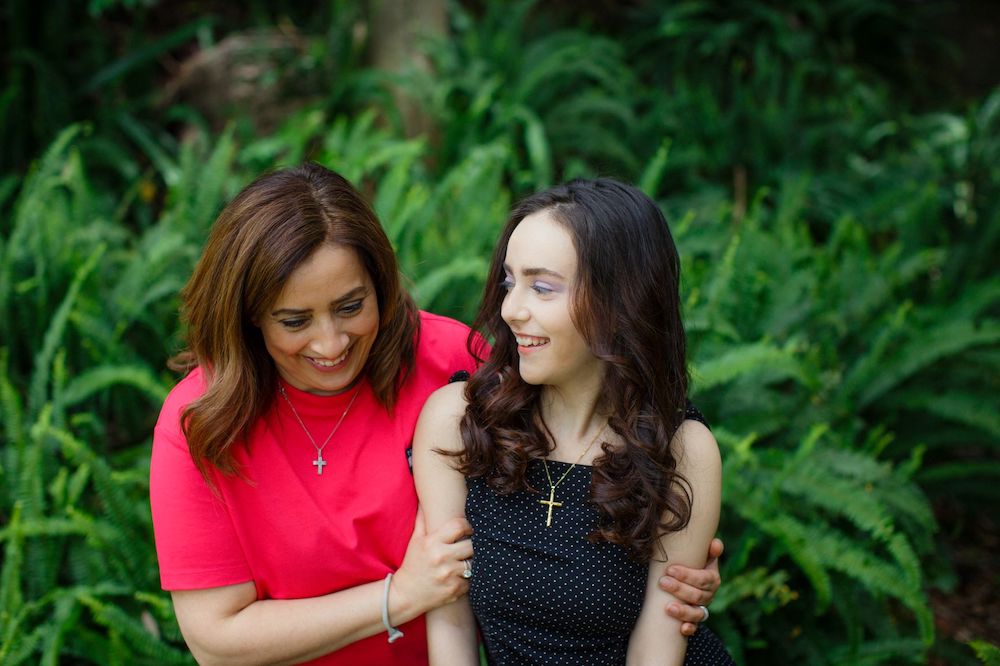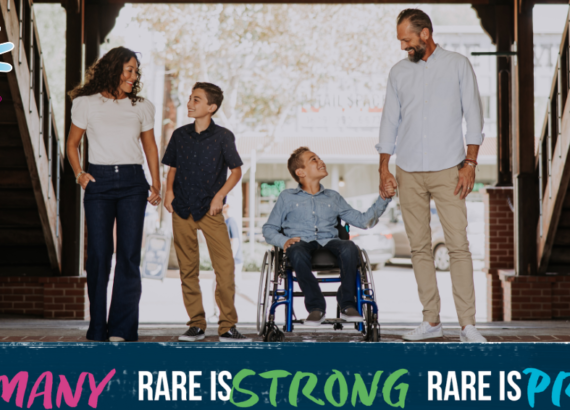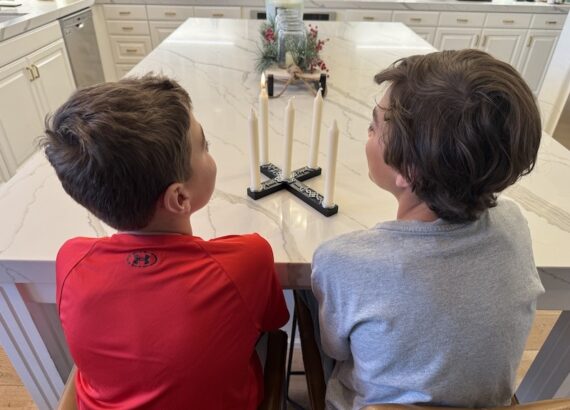Just Like A Butterfly By Niki Markou

Angelina Lati was always healthy, bubbly, and energetic and a normal teen attending school full time with a healthy social network of family and friends. That is until, at the age of 14, she fainted at school camp. “Then she started dropping things. Every time she was setting the table, she was dropping the glasses on the floor and I’d ask what was going on and she’d go, ‘I don’t know.’ Her hands were just not holding the cups,” says Niki Markou. Later, Angelina fell over while walking the family dog and this all prompted Niki to make an appointment with a neurologist. But before the appointment arrived, Angelina had a terrifying seizure at the family home. “She had a seizure in my arms, and I had to put her down on the ground. I’d never seen one before so, to me, it was very traumatizing. I was screaming,”
Angelina was rushed to the hospital and was initially misdiagnosed with juvenile myoclonic epilepsy which is a common misdiagnosis. She was prescribed medication but after a few months, she wasn’t getting any better and she began to show signs of cognitive decline. A lengthy hospital stay followed, along with extensive genetic testing. Eventually, Angelina, who was 15 by then, received the heartbreaking diagnosis of Lafora Disease, which is a terminal neurological degenerative disease.
“I honestly felt like I was going to have a heart attack. I felt out of control… I think I was in shock and denial because it just didn’t sound rational or believable,” Niki explains. Once symptoms start, the average lifespan is roughly 2-10 years with most children passing away in the late teens or early twenties. Children like Angelina suffer from difficulty with speech, walking, and swallowing. They also experience muscle spasms, behavioral changes, cognitive decline, childhood dementia, photosensitivity, and increasingly intractable seizures. There is currently no cure.
“As Angelina’s mother, I could not just sit around to watch my daughter fade away from my eyes a slow death,” says Niki. “I did all the research I could and came across the organization Chelsea’s Hope Lafora Children Research Fund. I reached out and said I wanted to help. I joined the U.S. organization as a board member in 2021 even though I am based in Sydney Australia. I started off as a parent advocate helping families around the world stay informed and create updates on social media so other families could find us.” Niki’s involvement progressed to engaging with fellow board members to create updates on research, liaise with key stakeholders who are working on breakthroughs in the laboratory and with other rare disease associations to create more awareness for Lafora disease. Niki has joined fellowship training sessions to learn about reducing barriers to entry into early access programs through learning, discussion, networking, and support. Niki’s goal is to create awareness and help fund research in the hopes to fund a therapy that all the children suffering from Lafora disease can have in their short lifetime. She is also involved with the organization Childhood Dementia Initiative, which is making many changes in over 70+ rare genetic diseases around the world.
In addition to using her voice to advocate for her daughter, Niki also used her voice quite literally to write and sing a beautiful song for Angelina. “My heart and soul needed to sing for her. For her legacy, for hope, and for awareness. Luckily, she was well enough to come into the studio that day and got to be a backup singer along with her sister Trevi,” says Niki. Niki’s song “Just Like a Butterly” shares her wishes for her daughter. “I want to raise awareness and raise money to help with research for Angelina and all the children affected with ultra-rare diseases like Lafora Disease,” says Niki.







